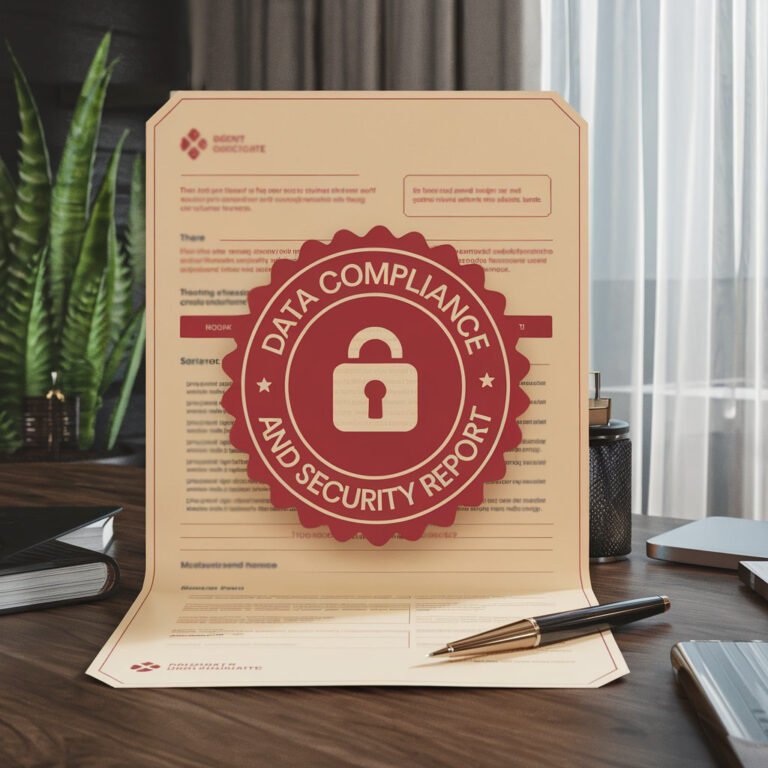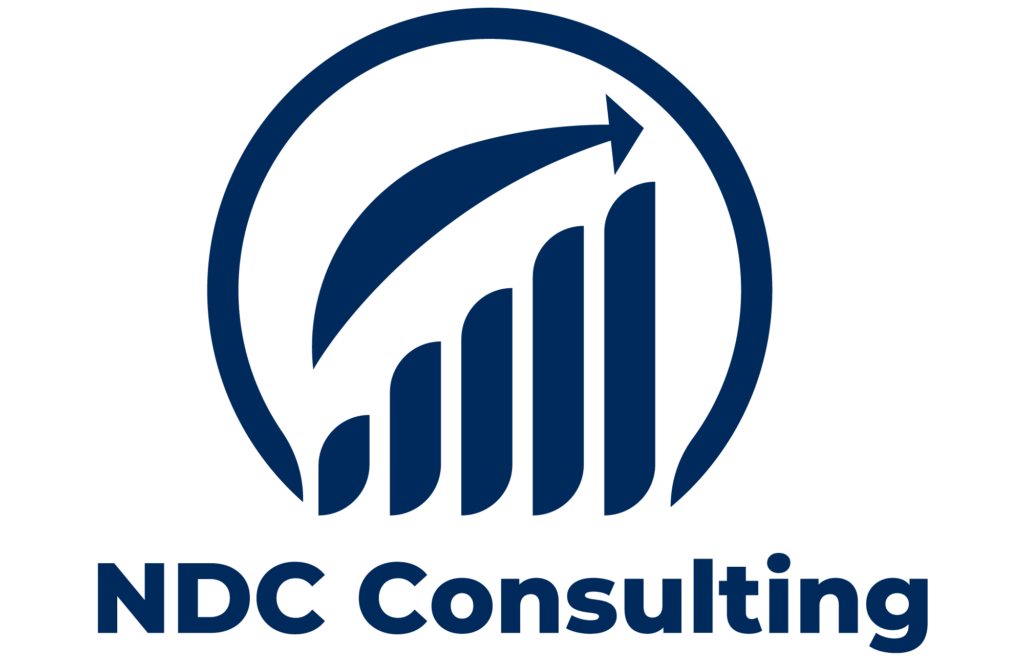
What Is Included in the Report on the Status of Data Security and Compliance?
We conducted a study of 250 worldwide corporate leaders in collaboration with an outside research organization.
They responded to inquiries such as:
- In what ways has the volume of sensitive data in non-production grown?
- Why, in your opinion, has the volume of sensitive data raised?
- To what extent do you think that sensitive data in non-production contexts is adequately protected?
- Has any of the following happened to your company in relation to sensitive data in non-production environments: ransomware, audit problems or failures, data theft or breaches, data corruption or alteration, or regulatory non-compliance status and/or fines?
- To what extent does the increased exposure footprint in non-production environments at your firm worry you?
- How is sensitive data protected in non-production settings at your company?
- Does your company permit non-production exceptions for data compliance?
Surprising Insights Revealed in Non-Production Environments
Perforce and Delphix’s initial report provides research on the difficulties in securing critical data in lower-level or non-production contexts, like development, testing, analytics, and machine learning/artificial intelligence.
The report also shows that as AI develops, safeguarding sensitive data will become an increasingly difficult task. Concerns regarding regulatory non-compliance in AI environments are expressed by over 90% of businesses. Even more concerning, according to 68% of the firms polled, there aren’t enough solutions available to address data protection in AI contexts.
According to Rod Cope, chief technology officer of Perforce Software, which earlier this year acquired Delphix, “AI is transforming industries, and data is at the heart of AI.” “Data and AI have the potential to be two-edged swords. The potential for innovation in AI is highly exciting, but data in AI systems needs to be protected. The results emphasize how crucial it is to abide by data privacy laws in AI systems as well.
Generally, software development, testing, and data analytics comprise all lower environments, and 91% of firms are worried about the increased exposure footprint across them. However, 86% of organizations permit data compliance exceptions in non-production. This is why, in non-production environments, 54% of firms have already had a data breach or theft involving sensitive data.
Who Should Read the Report on the Status of Data Compliance and Security?
The purpose of this report is to assist global corporate leaders in:
- Recognize the current status of non-production data security and compliance.
- Determine future steps to take to better secure their sensitive data when it’s not in use.
The following functional area leaders—C-suite executives, vice presidents, directors, and managers—should find the analysis in this paper useful:
- Development of Applications (AppDev).
- Quality assurance and application testing (QA).
- Analytics and data.
- Data Engineering.
- Operations Development.
- Security of information (InfoSec).
- IT Ops, or IT Operations.
- Compliance and Privacy.
- And more.

